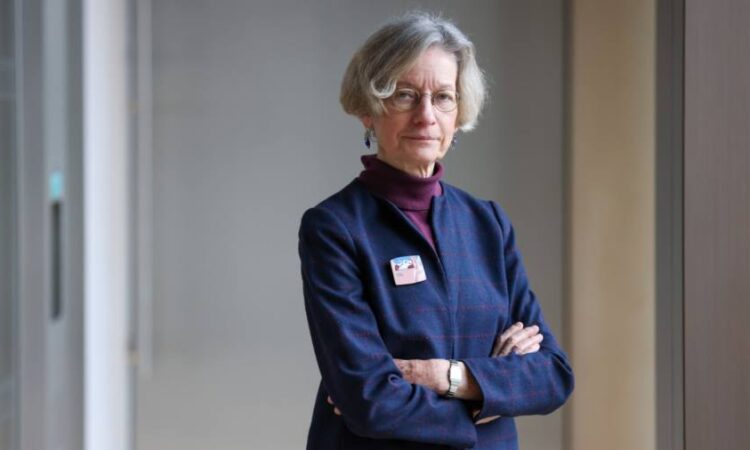
Receive free UK interest rates updates
We’ll send you a myFT Daily Digest email rounding up the latest UK interest rates news every morning.
One of the Bank of England’s more hawkish policymakers on Monday indicated that she did not back pausing interest rate rises, arguing that the UK central bank still needed to do more to ensure tighter monetary policy was working.
Speaking to a business audience in Canada, Catherine Mann opposed recent suggestions by senior members of the Monetary Policy Committee that the BoE was close to the peak of interest rates and could think about holding them at their current level of 5.25 per cent.
Her forthright speech suggests there will be a lively debate on whether to lift the cost of borrowing at the next meeting of the nine-member panel on September 21.
“In my view, holding rates constant at the current level risks enabling further inflation persistence, which will have to be unwound eventually with a worse trade-off,” said Mann, predicting rates would have to surpass their current 15-year high if the BoE was not sufficiently resolute.
Mann warned that allowing inflation, now at 6.8 per cent, to remain above the BoE’s 2 per cent target was not a risk to be taken lightly, noting: “The longer this overshoot is allowed to continue, the more likely a departure from the old ‘low inflation, low volatility’ steady state.”
“I would rather err on the side of over-tightening,” she added.
Mann, an external MPC member, has regularly voted for faster interest rate rises than the majority on the committee in the past two years, and her words differed significantly from other rate-setters’ recent comments.
Huw Pill, BoE chief economist, indicated last month that he favoured keeping rates close to current levels for a longer period, rather than raising them further.
Last week, BoE governor Andrew Bailey and Sir Jon Cunliffe, outgoing deputy governor for financial stability, told MPs that rates were now near their peak. Swati Dhingra, a fourth MPC member, said she thought borrowing costs were already too high.
Mann indicated she was not yet certain interest rates were sufficiently high to be “restrictive” and constrain spending in the economy.
She said it was a “risky bet” to assume the central bank had done enough to force inflation to fall, warning that not taking enough action could cause the rate of price rises to stick at roughly 3-4 per cent, rather than coming durably down to the 2 per cent target.
“We need to communicate and act on our commitment to do what is necessary to achieve the 2 per cent target, sooner rather than later,” she said, adding that the BoE could easily reverse rises if interest rates climbed too high.





